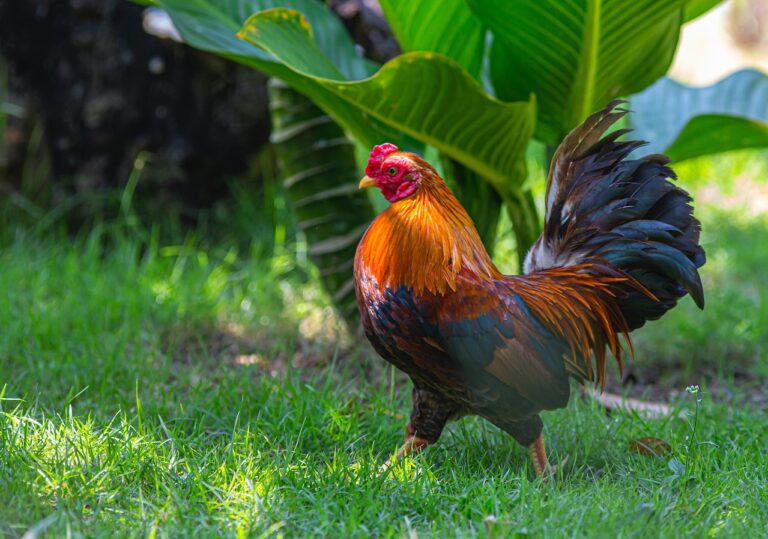Is Cockfighting Legal in Costa Rica?
Although cockfighting has been a long-standing tradition in many parts of the world, it is illegal in Costa Rica. The country has been taking measures to protect animal welfare and has implemented strict laws and penalties to combat the cruel sport of cockfighting.
What is the Current State of Cockfighting in Costa Rica?
Despite being illegal, cockfighting continues to be practiced in some areas of Costa Rica, especially in rural regions. Law enforcement authorities and animal welfare organizations are working to crack down on these illegal activities, but the underground nature of the events makes it challenging to completely eradicate the sport. Nevertheless, there has been a growing awareness and condemnation of cockfighting in the country, and many people are taking a stand against it.
What is the Local Name for Cockfighting in Costa Rica?
In Costa Rica, cockfighting is locally referred to as peleas de gallos, which translates to rooster fights in English.
What are the Laws and Penalties for Cockfighting in Costa Rica?
Costa Rica has implemented several laws and penalties to combat cockfighting and protect animal welfare. Some of the key laws and penalties include:
- Animal Welfare Act: In 2017, Costa Rica passed the Animal Welfare Act, which made animal abuse, including cockfighting, illegal. Violators of this law can face imprisonment, fines, and other penalties.
- Penalties for organizing cockfights: Those found organizing, promoting, or participating in cockfights can face up to three years in prison.
- Penalties for spectators: Even those who are caught attending cockfights as spectators can face penalties, including fines and possible imprisonment.
How do Costa Rican Government Laws and Links Address Cockfighting?
The Costa Rican government has taken a strong stance against cockfighting and has implemented several measures to address the issue:
- Legal framework: The Animal Welfare Act provides a comprehensive legal framework to combat animal abuse, including cockfighting. This law has helped strengthen the country’s commitment to ending this cruel sport.
- Law enforcement: Costa Rican law enforcement authorities are actively working to crack down on illegal cockfighting activities. They have conducted raids on suspected locations and have arrested individuals involved in organizing and participating in these events.
- Public awareness campaigns: The government, in collaboration with animal welfare organizations, has been working to raise awareness about the cruelty of cockfighting and encourage citizens to report any suspected activities.
- International cooperation: Costa Rica is a member of several international animal welfare organizations, such as the World Animal Protection, which helps the country share information and resources to combat animal abuse, including cockfighting.
In conclusion, Costa Rica has taken significant steps to address the issue of cockfighting and protect animal welfare. While the sport continues to be practiced in some areas, the country’s strong legal framework, law enforcement efforts, and public awareness campaigns are helping to reduce its prevalence and ultimately bring an end to this cruel tradition.
